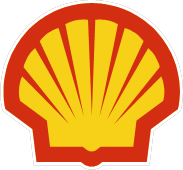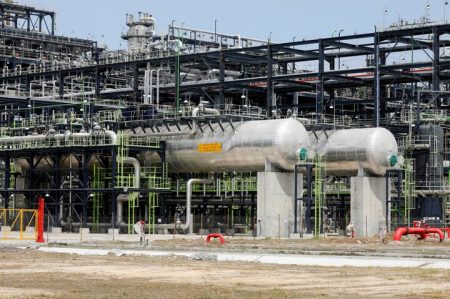11-08-2011 – The Organisation of the Petroleum Exporting Countries (OPEC), source of more than a third of the world’s oil, might not become concerned about a slide in oil prices unless prices fall below $90 a barrel, according to news wires quoting OPEC sources.
North Sea Brent has fallen more than $20 from its peak this year of $127.02, on concern of slowing oil demand due to the European debt crisis and a weakening economic outlook for the US.
But, oil prices have rallied over the past few days after US Department of Energy data showed the country’s crude stocks dropped the most since December last week.
OPEC reportedly will need to produce 31 million barrels per day to balance the market this quarter, or 1 million bpd more than current production.
Brent oil for September settlement gained 55 cents, or 0.4%, to $107.23 a barrel on the London-based ICE Futures Europe exchange today. US crude for September delivery rose as much as $1.34 to $84 a barrel on the New York Mercantile Exchange.
Iran, holder of the OPEC presidency in 2011 and a leading price hawk in the group, said OPEC ministers could hold an emergency meeting if members started to feel anxious about falling prices.
But there is no prospect yet of the organisation holding a meeting before its next scheduled gathering in December or reducing production, delegates from two OPEC members said.
“The situation is very confused,” said a delegate from one of OPEC’s Gulf countries. “Demand is weakening and the economy is not encouraging.” “But Brent is still more than $100 a barrel. Opec will wait and see.”
OPEC’s Persian Gulf members Saudi Arabia, Kuwait, the United Arab Emirates and Qatar are typically the 12-member organisation’s most moderate on prices. Saudi Arabia holds most of its unused production capacity.
Riyadh and other Gulf countries unilaterally increased production after Iran and other members including African countries and Venezuela blocked a Saudi-led proposal at OPEC’s last meeting in June to increase its output targets.
The supply boost has lifted OPEC output to more than 30 million barrels per day in July, its highest this year, according to OPEC estimates published on Tuesday, offsetting the loss of Libyan oil due to the conflict there.
At the same time as reporting the rise in output, OPEC and other forecasters this week have lowered forecasts for 2011 global oil demand growth citing the economic outlook.
Having provided most of the extra barrels, the Gulf countries would be the most likely within the group to reduce their output if they felt there was too much oil in the market.
A delegate from one of OPEC’s African members, which opposed the Saudi proposal to boost output in June, also did not expect the group to react to falling prices yet.
“A price of $90 a barrel will be okay,” said the delegate, referring to Brent crude. “If it goes below $90 and stays there, we may need to hold an emergency meeting. But that is not on the table now. We’re still going to produce what we are producing at the moment because there is no need to reduce.”
The delegate said a drop in the price of Brent to between $90 and $100 would not significantly impact most OPEC countries in terms of their revenue from oil sales.




